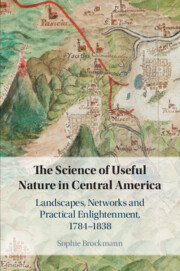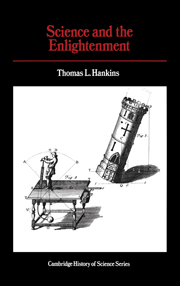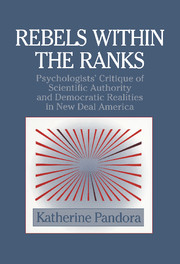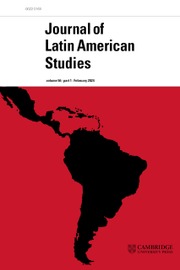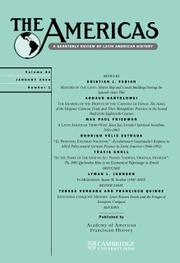The Science of Useful Nature in Central America
In this ambitious new study, Sophie Brockmann argues that interactions with landscape and environment were central to the construction of Central American identities in the Age of Enlightenment. She argues that new intellectual connections and novel ways of understanding landscapes had a transformative impact on political culture, as patriotic reformers sought to improve the region's fortunes by applying scientific and 'useful' knowledge gathered from local and global networks to the land. These reformers established networks that extended into the countryside and far beyond Central America's borders. Tracing these networks and following the bureaucrats, priests, labourers, merchants and scholars within them, Brockmann shows how they made a lasting impact by defining a new place for the natural world in narratives of nation and progress.
- Combines intellectual history and the history of science with historical geography and environmental history
- Traces the impact of Enlightenment ideas and late-colonial reformers' projects on the independent nations of Central America
- Situates the global history of Enlightenment in a place usually considered 'peripheral' in world history and even within the Spanish empire
Reviews & endorsements
'Moving well beyond the well-trodden historical terrain of Western Europe and the British Atlantic World, Brockmann forcefully demonstrates how new insights into the histories of science, the Enlightenment, and modernity as well as colonialism and the nation-state can be gained by considering these phenomena from the perspective of Central America.' Matthew James Crawford, Kent State University
'Brockmann's ground-breaking book expertly and engagingly brings Central America into view as eighteenth- and nineteenth century reformers saw it, a laboratory in which scientific engagement was harnessed to encourage economic development, state making and cultural change. Deeply researched and compelling, her argument and analysis will be a must read for those working on the region.' Jordana Dym, Skidmore College, New York
'Sophie Brockmann's learned and elegant treatment of Central American science in the age of Enlightenment will change the way we think about knowledge-making in Spanish America. While never losing sight of the ground-level view - ruins and rice and plantains - The Science of Useful Nature offers expansive, novel panoramas on a new world epistemology that is both distinctly Central American and ineluctably global.' Sylvia Sellers-García, Boston College
'The Science of Useful Nature will be a welcome contribution to graduate seminars on eighteenth-century networks, information history, and Latin American history, especially courses on Central America and revolutions.' Allison Margaret Bigelow, Agricultural History
'… richly detailed and engaging … [a] very fine study.' Kevin Gosner, Hispanic American Historical Review
'The effect of this thoroughly documented study of the practical applications of learning in Central America is to bring the region more firmly into the fields of applied sciences, Enlightenment studies, histories of science, and environmental history.' Paul Ramirez, H-Net
'Brockmann contributes an impressive wealth of archival material to this growing literature by drawing attention to the often-overlooked case of Guatemala. The study is at its best when it stays clear of the more fashionable theoretical trends, to build persuasive case studies with little-known material.' Miruna Achim, Technology and Culture
Product details
No date availablePaperback
9781108431620
281 pages
228 × 152 × 16 mm
0.41kg
Table of Contents
- Introduction. A kingdom of vast extension
- 1. Landscape, ruins, and governance
- 2. Networks of knowledge and action
- 3. Making enlightenment local
- 4. Useful geography in practice
- 5. Transforming environments
- 6. Independence and useful nature
- Conclusions
- Glossary of colonial administrative terms
- Bibliography
- Index.

